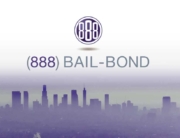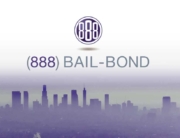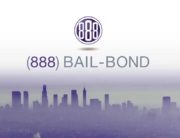California Gov. Jerry Brown may have thrown his final Hail Mary, but the US Supreme Court has said they have no intention of rehearing the California prison crowding case.
As it stands, state detention centers will need to release upward of 10,000 inmates before the year is thorough. This, according to sources, is to ensure prisons are operating at no more than 140% of their rated capacity.
Legislators and law enforcement officials from throughout California are now scrambling to make it work. In 2011, the state shifted low-level, non-serious and non-sexual offenders from prisons to county jail. It was a proverbial passing of the buck, if you will, and local facilities have since begun to burst at the seams.
Many have begun to let low-level local offenders out early, saying there is simply not enough room at the inn to hold everyone. That having been said, the "reduce your population by an additional 10,000" number is a pretty big pill to swallow.
Many are concerned that abiding by the ruling will have a negative impact on public safety.
Brown has reportedly said the state is working as quickly as it can to resolve the problem. Attorneys for the plaintiffs allege that more still needs to be done, and that California's prisons are expensive, dangerous institutions. They also point to a longstanding practice of locking up inmates in solitary confinement for indefinite periods of time.
That practice led to a well-orchestrated hunger strike earlier this year.
The Democratic governor said that current conditions are not nearly as bad as some say. Access to medical and dental care has improved. A number of changes have been made in order to make prisons safer, he said. The justices, however, aren't buying it and have threatened to hold him in contempt if he fails to comply.
His office has expressed great disappointment that the high court won't re-hear the case. They point out that the state's total inmate population has been slashed by 25,000 detainees in the past 24 months. California, they said, should be permitted to continue along the current path.
Legal experts say this issue has been going on for years and it wasn't until the matter made its way to the Supreme Court that inmate advocates got their win. They found that prison overcrowding was so bad that it was putting inmates' health at risk.
Since that time, a three judge panel has required the state continue to reduce its number of detainees. California has consistently asked for more time but the request has fallen on deaf ears.
They are currently looking into whether it is feasible to transfer some or all of the 10,000 additional inmates to out of state or privately run facilities.
It is unclear when those contracts will be finalized, and what the final taxpayer cost will be.









Follow Us
Facebook
Twitter
Google +1
LinkedIn
Youtube